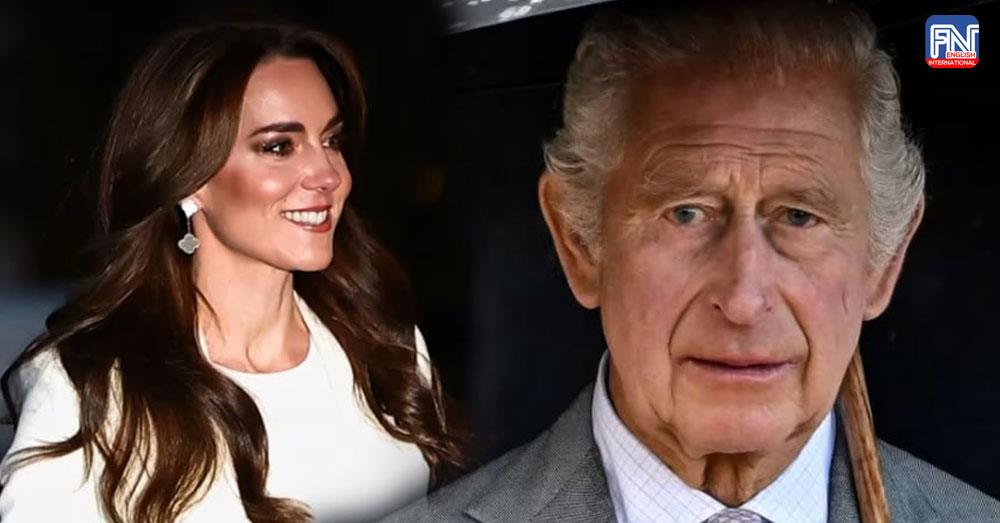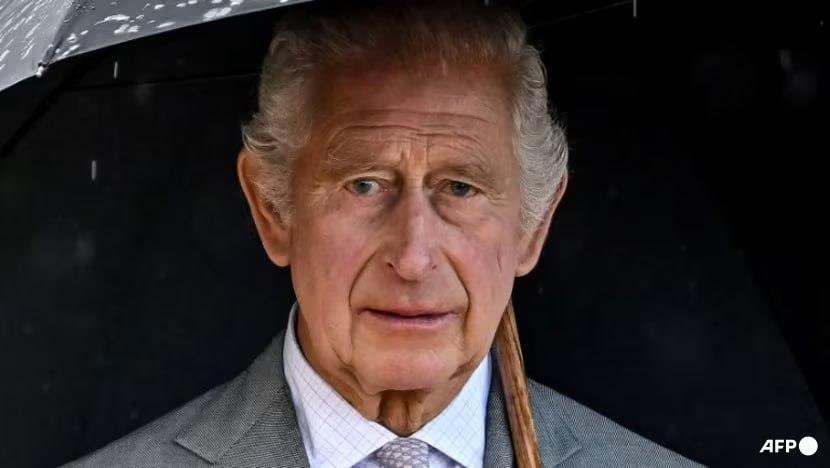LONDON, Jan. 18 (CNA) – Britain's royal family has had a double health scare as King Charles III faces treatment for an enlarged prostate and his daughter-in-law Catherine, Princess of Wales, recuperates from abdominal surgery.
Separate announcements came within 90 minutes of each other from Buckingham Palace and Kensington Palace, in a rare show of transparency from royal officials about personal health matters.
The king, 75, is due in hospital next week, while Catherine, often known as Kate, was admitted to a private London clinic on Tuesday (Jan 16).
She now faces up to two weeks in hospital and several months' recuperation from the operation, which the palace said was not cancer-related.
Charles has thrown himself into his role as king after succeeding his mother Queen Elizabeth II on her death in September 2022, at a time when most men of his age have retired.
He is head of state of 14 other countries outside the United Kingdom, including Australia, Canada and New Zealand, and is head of the 56-member Commonwealth, which comprises 2.4 billion people.
He is also Supreme Governor of the Church of England, the mother church of the worldwide Anglican communion.
His last public appearance was with other senior royals, including Kate, at a Christmas Day service at his Sandringham estate in eastern England.
"In common with thousands of men each year, The King has sought treatment for an enlarged prostate," the palace statement read.
"His Majesty's condition is benign and he will attend hospital next week for a corrective procedure. The King's public engagements will be postponed for a short period of recuperation."
Benign prostate enlargement is common in men aged over 50 and is not normally considered a serious threat to health or an increased risk of developing prostate cancer.
If the prostate gland is enlarged, it can put pressure on the bladder and urethra, affecting urination.
Causes of prostate enlargement are unknown but are thought to be linked to hormonal changes with age, according to the UK's National Health Service.
Charles was keen to share details of his diagnosis to encourage other men to get checked if they have similar symptoms, UK royal correspondents said.



Photo from AFP




